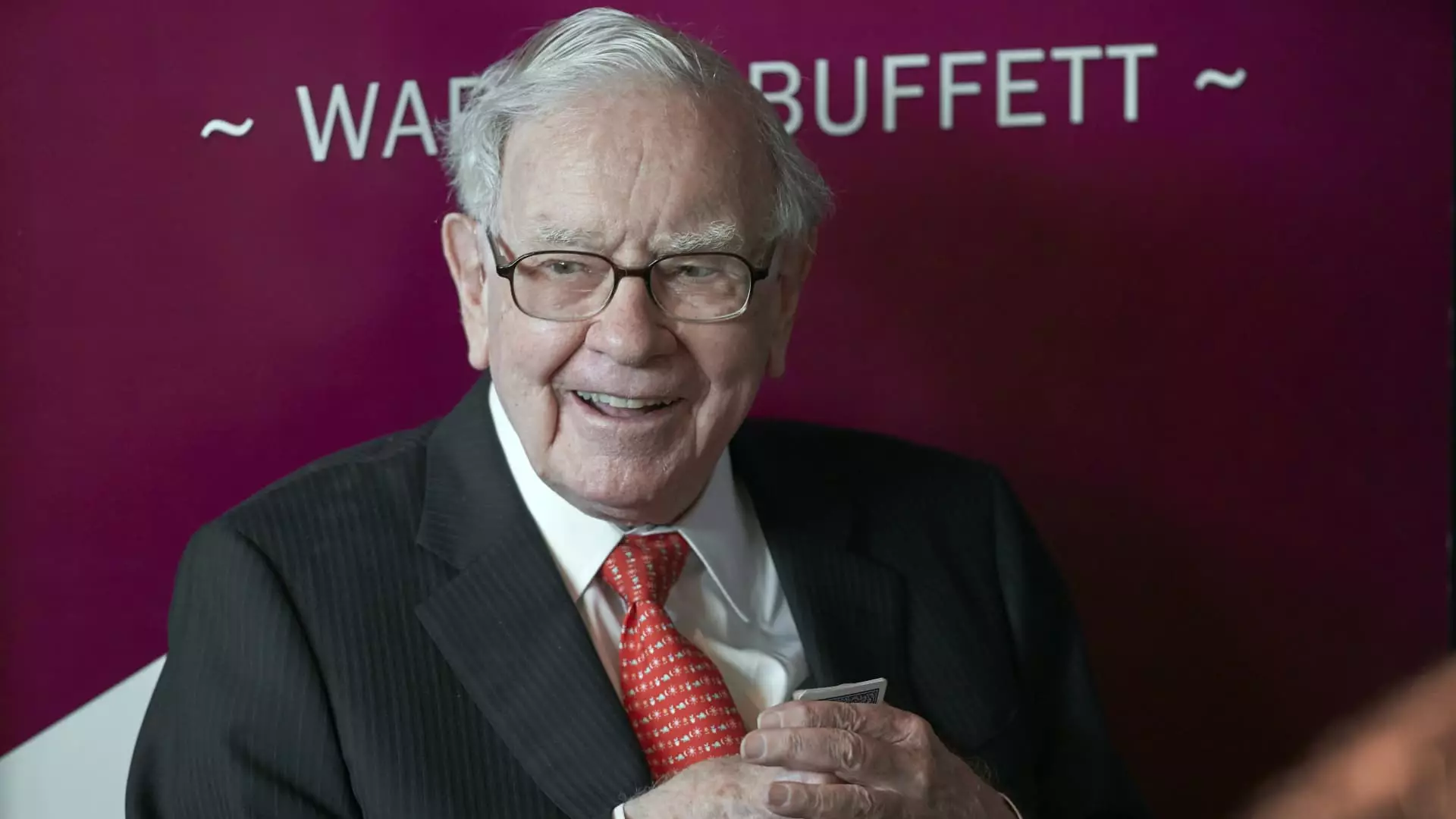Berkshire Hathaway, the multinational conglomerate led by famed investor Warren Buffett, has garnered attention in recent years for its aggressive share buyback program. This strategy, embraced by Buffett as a mechanism to reward long-term shareholders, reflects a deep-seated philosophy underpinning the operations of this iconic company. Over the past five and a half years, Berkshire has repurchased an impressive $75 billion worth of its stock, amounting to a significant reduction of over 10% in shares outstanding. This article delves into the implications of Berkshire’s buyback initiatives and the philosophy driving these decisions.
Buffett has championed the merits of stock repurchase as both a tactical and strategic maneuver. His philosophy is straightforward: by reducing the total number of shares in circulation, the remaining shareholders receive a larger portion of the company’s assets and profits without having to invest additional capital. In Buffett’s own words, “Through that simple act, we increase your share of the many controlled and non-controlled businesses Berkshire owns.” This simplistic yet powerful idea underpins the logic of buybacks as a tool for enhancing shareholder equity.
The buyback program, which gained momentum after its inception in 2011, has evolved as a cornerstone of Berkshire’s financial strategy, particularly during a period characterized by high valuations and an active acquisition landscape. The company’s approach signifies an adaptation to external economic conditions—by buying back shares instead of engaging in costly acquisitions, Berkshire retains flexibility while navigating a competitive market.
Buffett is not indiscriminate in his buyback practices; two pivotal conditions must be met. Firstly, the stock’s market price must be deemed undervalued relative to its intrinsic worth. Buffett’s commitment to value investing ensures that he remains a cautious buyer; overpaying for shares would be detrimental not just to his portfolio but to overall shareholder value. “If you’re repurchasing shares above a rationally calculated intrinsic value, you are harming your shareholders,” he stated, underscoring a fundamental principle that resonates through his investment philosophy.
Secondly, Berkshire must maintain adequate cash reserves to sustain its operations and seize future investment opportunities. This disciplined approach supports the long-term sustainability of the conglomerate while also providing a buffer against market volatility.
In Q1 2024, Berkshire Hathaway allocated $2.6 billion towards share repurchases, showcasing an escalation from the previous quarter and illustrating a confidence in the company’s valuation. The investment community has responded positively, with Berkshire’s stock price rising over 20% year-to-date and exceeding the S&P 500’s performance. This reflects investors’ optimistic view of the company’s long-term strategy, especially in light of UBS’s recent estimation that Berkshire shares are currently trading at a 6% discount to intrinsic value.
Moreover, Buffett has signaled that he remains open to increasing buyback spending if market conditions present favorable opportunities. At a recent shareholder meeting, he reiterated that under certain scenarios, substantial funds could be deployed toward share repurchases, which aligns with his historical willingness to capitalize on perceived undervaluation within the market.
The implications of Berkshire’s buyback strategy extend beyond mere numbers. It reflects a broader ideological commitment to enhancing shareholder value in an era characterized by varying investment philosophies. Warren Buffett’s approach to buybacks is emblematic of a value-oriented mindset that prioritizes calculated action based on intrinsic worth rather than emotional responses to market fluctuations.
Berkshire Hathaway’s ongoing repurchase program situates the company within a framework of long-term value creation. By tactically reducing its share count, the conglomerate enhances the value for remaining shareholders while maintaining a vigilant eye on market conditions. This balanced yet assertive approach not only reaffirms Buffett’s investment strategy but also assures stakeholders of the company’s commitment to responsible financial stewardship. As the market continues to evolve, Berkshire Hathaway’s management of buybacks will likely remain a subject of keen interest among investors and financial analysts alike.


Leave a Reply